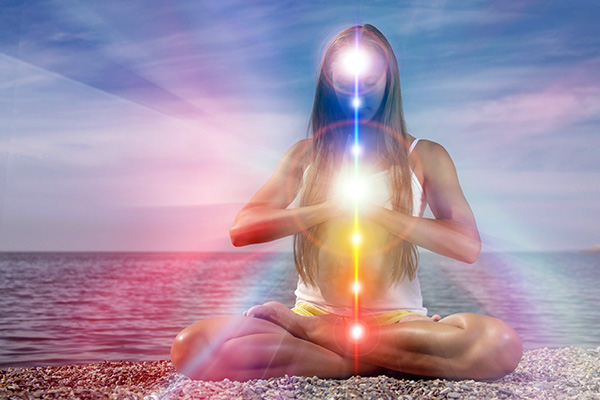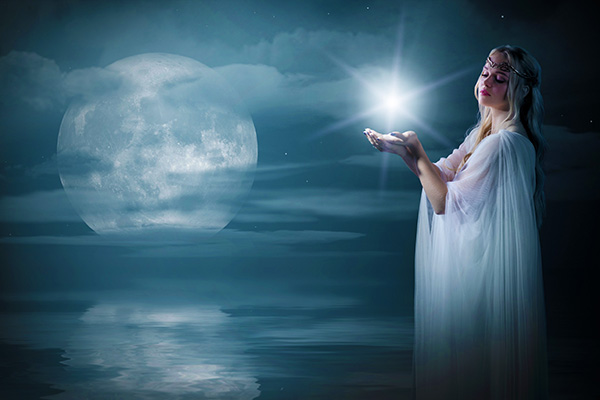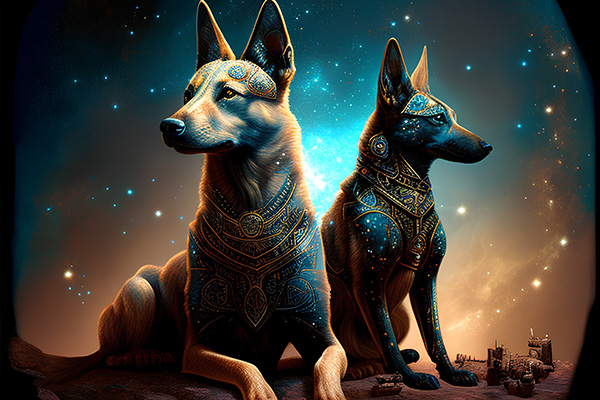spiritual traditions
Navigating Loneliness During the Holidays
 The holiday season is traditionally portrayed as a time of togetherness, love, joy, and belonging. We are inundated with media images of families gathered around a festive table, friends celebrating, and communities coming together.
The holiday season is traditionally portrayed as a time of togetherness, love, joy, and belonging. We are inundated with media images of families gathered around a festive table, friends celebrating, and communities coming together.
Paradoxically, for many people, this time of year is instead filled with feelings of loneliness, isolation and disconnection.
The root cause is the societal stereotype and cultural assumption that everyone should be joyful, happy, and surrounded by loved ones during the holidays. If you’re not, for whatever reason, it can lead to feelings of inadequacy, isolation, and social failure.
Holiday loneliness is exacerbated by the stark contrast between our actual circumstances and the commercially driven, idealized versions of holiday gatherings and celebrations we see in advertisements, television shows, movies, and social media. This increases feelings of disconnection, low self-esteem, and even depression.
Loneliness during the holidays can have a significant impact on mental health. Feelings of isolation and disconnection during this time of year can exacerbate existing mental health issues and lead to the development of new ones. The constant reminders of togetherness and joy, combined with a lack of social connections and meaningful interactions, can increase feelings of loneliness, leading to emotional distress, feelings of emptiness and hopelessness, and a decline in overall well-being.
The Basics Of Chakra Balancing
 Did you know that we have two bodies? Not only do we have a physical body, but we also have a light body.
Did you know that we have two bodies? Not only do we have a physical body, but we also have a light body.
Our physical body is our visible and tangible form, made up of bones, muscles, organs and other tissues. It is our physical manifestation in this earthly realm and is subject to the laws of physics and biology.
Our light body, on the other hand, is the subtle energy system underlying to the physical body. It is the energetic bridge between our physical body and our higher, soul existence beyond the physical body. The light body is invisible to the naked eye and is subject to metaphysical or universal laws.
The concept of the ‘body of light‘ or ‘luminous body’ is found in various esoteric, occult, and mystical teachings and is also known as the aura, human energy field, astral body, subtle body, spirit body, radiant body, sidereal body, or celestial body.
The main feature of the light body are the chakras, an intricate network of energy centers or vortices that play a vital role in our physical, mental, and spiritual well-being. According to some teachings there are as many as 114 to 88,000 chakras, but this is not a commonly accepted understanding in the fields of yoga and energy healing.
The Constant Battle Of Head Versus Heart
 Have you ever second-guessed yourself, done or said something that went against your gut, only to realize in retrospect that your initial feeling or hunch was right? Had you acted differently, it could have saved you a lot of heartache and loss, emotionally, physically or financially?
Have you ever second-guessed yourself, done or said something that went against your gut, only to realize in retrospect that your initial feeling or hunch was right? Had you acted differently, it could have saved you a lot of heartache and loss, emotionally, physically or financially?
If you have ever been in this position, know that you are not alone. The “head versus heart” dilemma can be very confusing and frustrating. Many of my clients struggle with it and some experience a great deal of confusion, stress and emotional discomfort as a result.
When faced with difficult decisions or challenging situations, we usually have a good sense of what the best course of action might be. But then we tend to look for concrete evidence to support our feelings and intuitive hunches, and when we cannot find any, which is often the case, our heads take precedence over our hearts. So we end up discounting our feelings and intuitions, usually to our own detriment.
The struggle between head and heart is a common theme in philosophy, literature, art, and popular culture, as we all regularly experience inner conflicts between reason and emotion, logic and intuition, responsibility and passion.
The Powerful Practice Of Color-Based Affirmation
 Affirmations are known to be a powerful spiritual practice for manifestation, self-healing, and personal empowerment.
Affirmations are known to be a powerful spiritual practice for manifestation, self-healing, and personal empowerment.
What is less well known is that associating your affirmations or intentions with specific colors can greatly enhance your practice by infusing it with the powerful symbolism, purposeful energy frequencies, and mind-altering psychoactive effects of different colors. It aligns our energy vibration more powerfully with the desired effect or outcome.
The practice of color-based affirmation, also known as ‘color therapy affirmations’ or ‘rainbow affirmations,’ draws inspiration from a variety of traditions and disciplines, including spirituality, metaphysics, chromotherapy, and color psychology.
Color has a rich history of symbolic significance that spans all cultures and many centuries.
Ancient civilizations recognized both the metaphysical and therapeutic power of color, while many religions and spiritual wisdom traditions have an intricate tapestry of color symbolism in their teachings and practices. The ancient Egyptians, for example, recognized the healing power of color. They had a sophisticated understanding of color that they used in their temples and rituals.
Full Moon Release Ritual
 Tomorrow’s Gemini Full Moon will be the last full moon before the winter solstice. Traditionally also known as the Beaver Moon, Frost Moon, or Mourning Moon, this full moon is a perfect time for introspection, spiritual contemplation and inner transformation.
Tomorrow’s Gemini Full Moon will be the last full moon before the winter solstice. Traditionally also known as the Beaver Moon, Frost Moon, or Mourning Moon, this full moon is a perfect time for introspection, spiritual contemplation and inner transformation.
The November Full Moon invites us to gather our resources, release what no longer serves us, and embrace the transformative power of the changing seasons.
As we prepare for winter within and without, we can cultivate the resilience and wisdom necessary to meet the challenges and opportunities that lie ahead. The ideal way to do this is through a full moon ritual.
Full moon release rituals have been practiced for centuries in various cultures and spiritual traditions. The goal of these rituals is to create space for growth, transformation, and new beginnings. The phases of the moon are traditionally associated with cycles of growth, decline, and renewal, making the full moon a particularly powerful time to release negative energies, unwanted patterns, and emotions that no longer serve us.
The ancient Egyptians worshipped the moon goddess Isis, who symbolized fertility, magic, and transformation. They believed that the full moon had the power to cleanse and purify.
The Mythical Legacy Of Dogs
 The cat isn’t the only pet with a long history of myth and legend. Dogs have played an important role in human culture and spirituality for centuries.
The cat isn’t the only pet with a long history of myth and legend. Dogs have played an important role in human culture and spirituality for centuries.
The dog, or “man’s best friend,” is the subject of many magical tales, wisdom traditions, and folklore throughout the world. Like the cat, dogs were companions of the ancients and are still considered symbols of loyalty, courage and protection.
In Greek mythology, dogs are associated with the goddess Hecate, who is also known as the “dog goddess.” She is the goddess of witchcraft, magic, and the crossroads, and is typically depicted in ancient Greek art with a pack of dogs at her side.
Today, the brightest star in the night sky, Sirius, is also known as the Dog Star, because it is traditionally seen as the protector of the night sky. In many cultures, Sirius has been associated with dogs because of its brightness and prominence.
Perhaps the most famous dog in Greek mythology is Cerberus, the three-headed guardian of the underworld. Cerberus not only prevented the dead from leaving the underworld, but also the living from entering it. He was finally captured by the hero Heracles in one of his twelve labors. Another famous Greek dog is Laelaps, a swift dog given by the god Zeus to the hunter Actaeon. Laelaps was so fast that he could catch any prey, but he was also cursed to always catch his prey.
